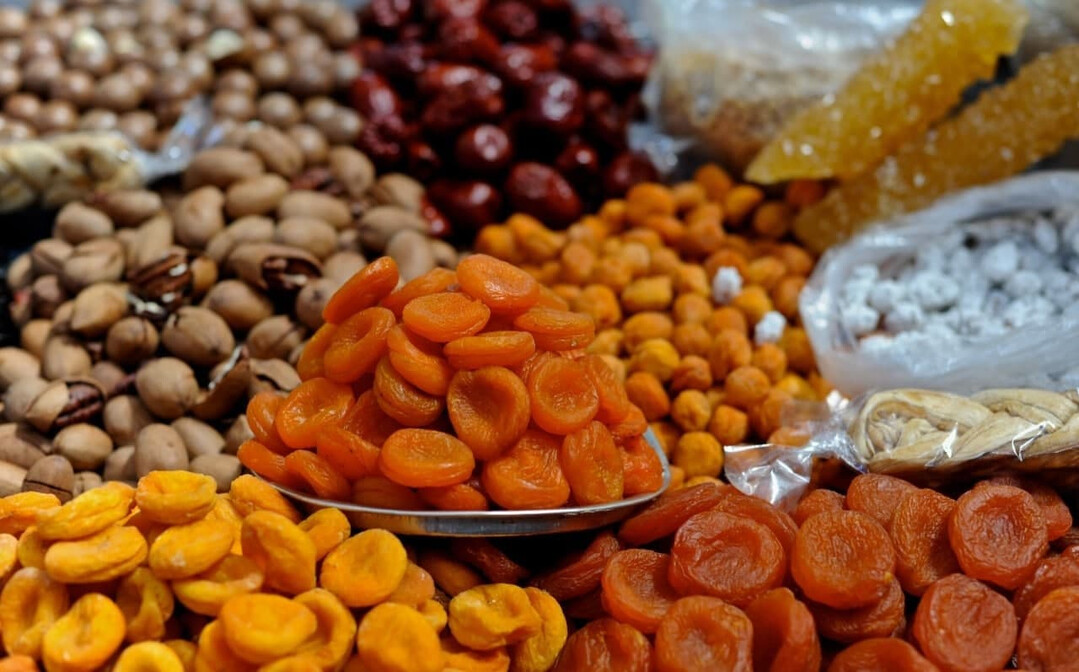
KANDAHAR, Afghanistan – Afghanistan's dried fruit exports to China have reached a value of $5 million over the past year, according to Abdul Baqi Bana, deputy of the Kandahar Chamber of Commerce and Industries. This figure highlights a significant trade link between the two nations, even as Afghanistan experiences broader shifts in its overall trade dynamics.
During the past year, approximately 9,800 tons of dried fruits, primarily consisting of figs, raisins, and apricots, were shipped from Afghanistan to China. These exports represent a portion of Afghanistan's broader dried fruit trade, which saw a total of 62,310 tons exported to various international markets, valued at over $244 million.
"The dried fruit sector is a crucial component of Afghanistan's agricultural exports, and China is becoming an increasingly important market for our products," stated Bana. "We are working to enhance the quality and volume of our exports to meet the growing demand in China."
Afghanistan's export portfolio extends beyond dried fruits, encompassing key commodities such as coal, saffron, hand-woven carpets, and precious and semi-precious stones. These diverse exports contribute to the nation's economic activity, although the country faces considerable economic challenges.
In 2024, Afghanistan's total trade volume exceeded $12 billion. However, the country experienced a notable 38 percent increase in imports compared to the previous year, while exports saw a 4 percent decline. This trade imbalance underscores the need for Afghanistan to bolster its export capabilities and diversify its market access.
Analysts suggest that the increased imports could be attributed to various factors, including the need for essential goods and infrastructure development. The decline in exports, however, raises concerns about the country's economic resilience and its ability to generate foreign exchange.
Despite these challenges, the continued flow of dried fruits to China demonstrates the potential for targeted trade partnerships to support Afghanistan's economy. The Afghan government and business community are focusing on improving trade logistics, enhancing product quality, and exploring new markets to stimulate export growth.
Furthermore, efforts are being made to improve the overall business environment, attract foreign investment, and promote sustainable economic development. These initiatives are crucial for Afghanistan to achieve long-term economic stability and prosperity.
[Copyright (c) Global Economic Times. All Rights Reserved.]






























